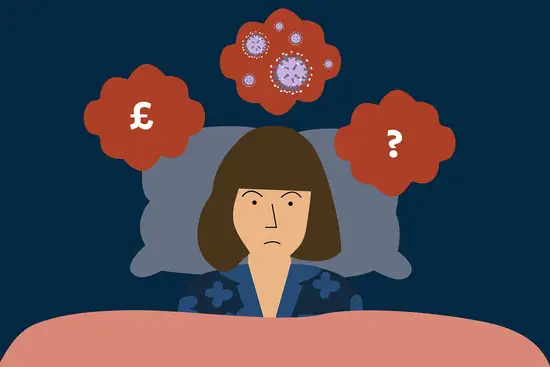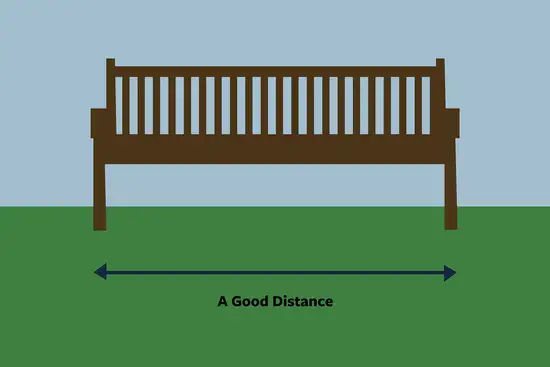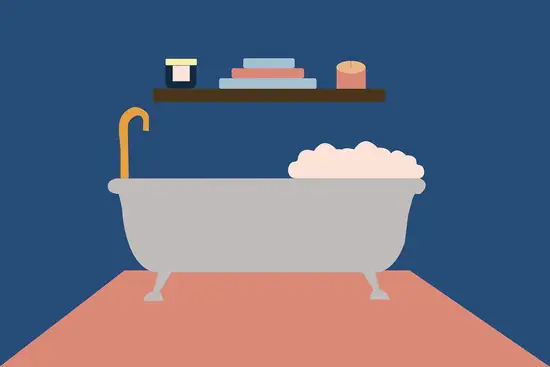Despite the anxiety and disruption caused by the current restrictions imposed as a result of the COVID-19 epidemic, this could be the ideal opportunity to improve your sleep.
One of the problems of the 9 to 5 working day is that it doesn’t take into account the body clock.
A large proportion of the population is expected to get up at a time that doesn’t sync with the natural state of their bodies and minds. These so-called ‘owls’ can often suffer the side-effects of a disruptive sleep. Now, because there is less time needed for pre-work preparation and travelling, these people will be able to wake later and feel better, and the same is true of children.
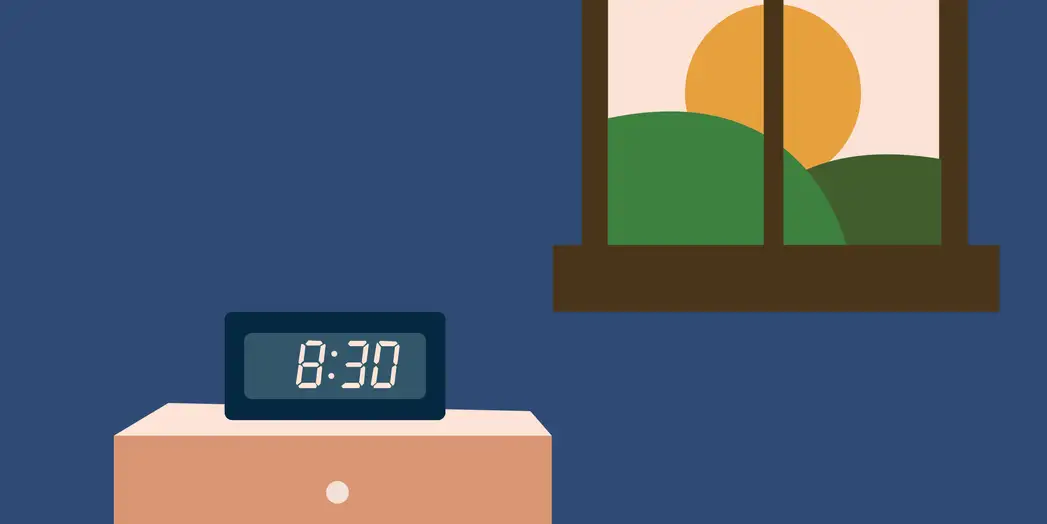
What single change is most likely to improve my child’s sleep?
The lack of after-school activities is an obvious downside of social isolation. But there has never been a better time for your children to get the sleep they really need.
If we could give you only one piece of advice about children’s sleep, it would be to follow a bedtime routine. This lockdown situation may provide you with the perfect opportunity to create that calming bedtime routine for your children – bath, book and bed – which often falls by the wayside during a busy working week.
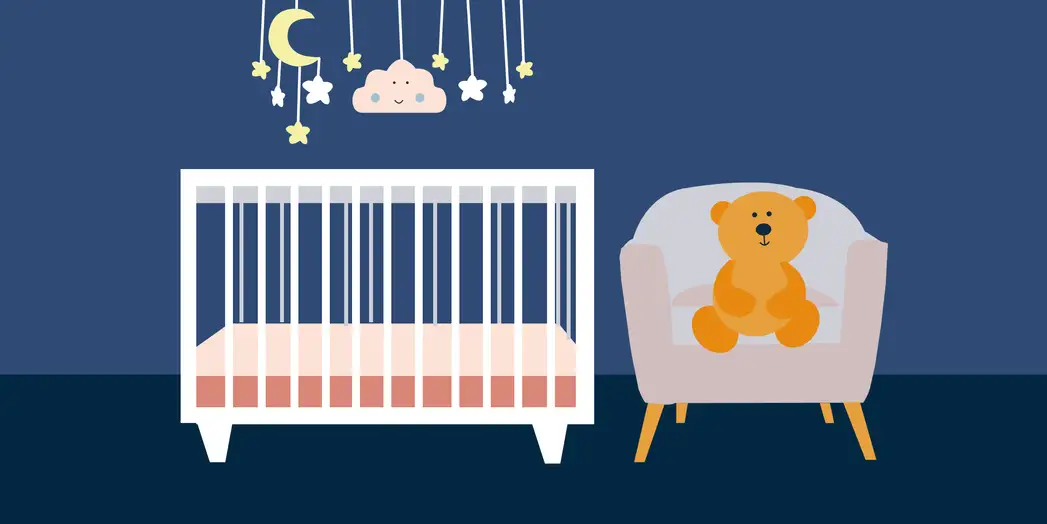
What about teenagers?
Teenagers will find the transition much easier because they have an in-built shift in their body clocks that means they naturally want to sleep later. The preparation time and travel required for an early school start time is problematic for them and their academic performance and behaviour can suffer as a result.
Perhaps now is the opportunity to allow your teenager some freedom with their bedtime routine so they can go to sleep when they are sleepy, rather than at a societally determined time.
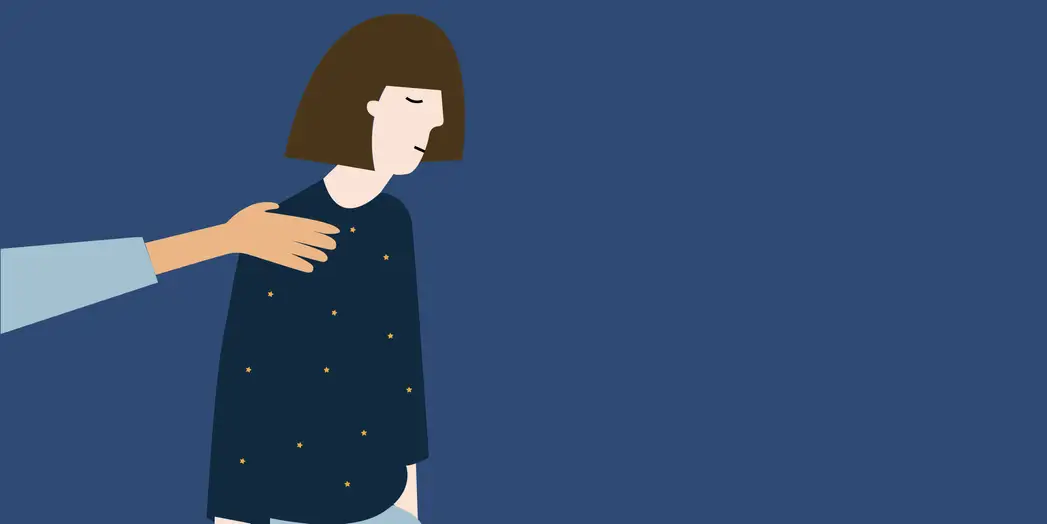
Can my sleep also improve?
Yes, It’s the same for you. There are fewer societal pressures on our time right now so there may be an opportunity for you to make the most of a difficult situation.
The fact that you’re not allowed to socialise with friends and family means that you can now go to bed when you actually feel sleepy and get up when you feel refreshed.
Many of us will be coming to terms with the fact that there are fewer demands on our time right now. It’s an excellent opportunity to spend time some time winding down before bed. Anything that relaxes the body, but most importantly quietens the mind, will work. Read more about how to build the perfect wind-down routine here.
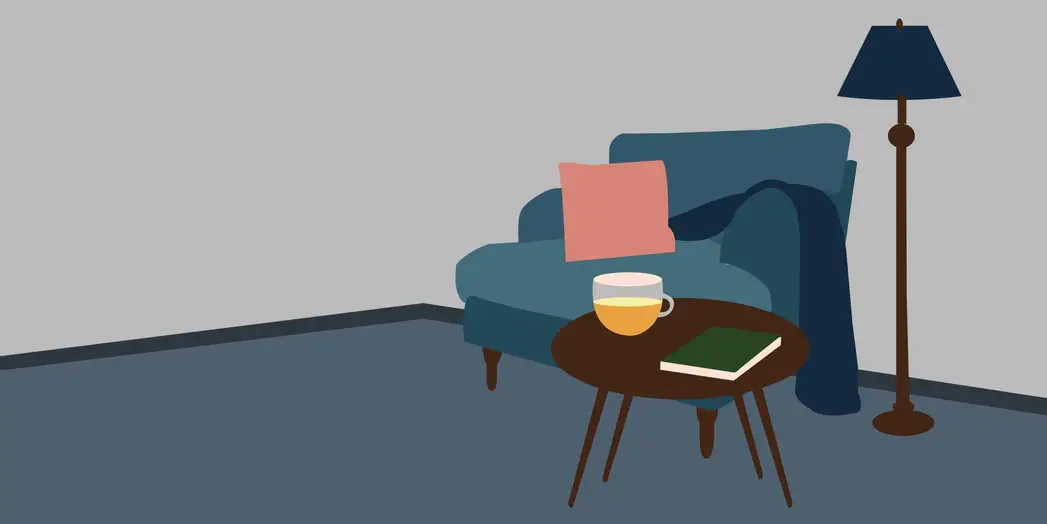
I’m struggling with sleep, what can I do?
During this difficult time, it’s perfectly natural to feel anxious and for sleep to be disturbed1. If you were sleeping well before this crisis, but are struggling now, what you’re experiencing is a normal reaction to what’s happening and your sleep could be fixed fairly easily.
We’ve put together a guide to better sleep to help anyone who is struggling to sleep during lockdown. This guide provide practical advice to help you sleep better.
What if my sleep problem isn’t new?
If you were sleeping badly before this crisis and your sleep is getting worse, then you may need further support from our sleep team.
Should I be prioritising my sleep during lockdown?
Good sleep, a healthy diet and exercise are all critical at this time. It would be easy to ignore our healthiest habits right now because, compared to what is happening in the world around us, they may seem trivial or unimportant.
But in order to achieve good physical, mental and emotional health we need to look after ourselves and our families now, more than ever.
Try to use this time to instil and reinforce those healthy habits and behaviours. And remember, good sleep is the best way of dealing with the stress and anxiety that we are all experiencing right now. Sleep well and stay safe.
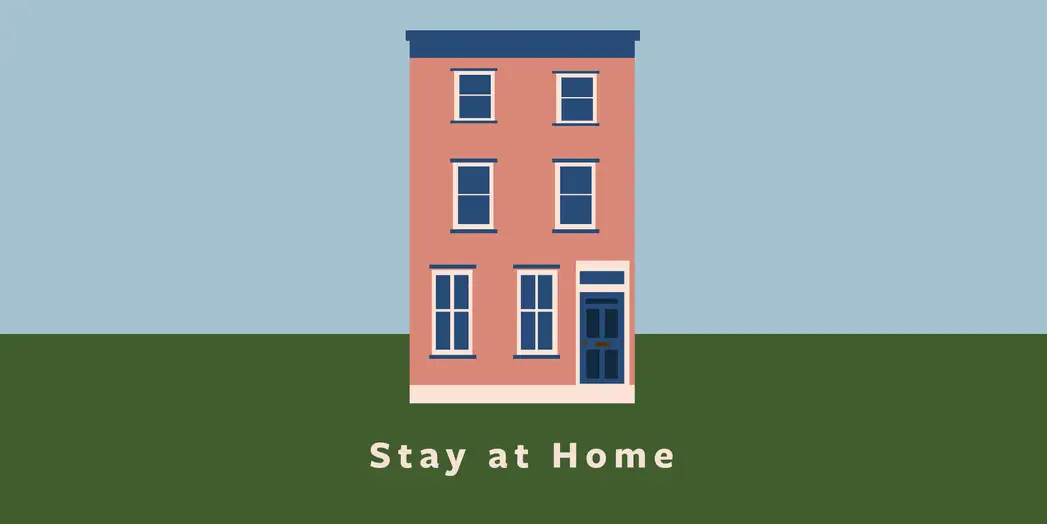
References
- Altena, E., Baglioni, C., Espie, C.A., Ellis, J., Gavriloff, D., Holzinger, B., Schlarb, A., Frase, L., Jernelöv, S. and Riemann, D. (2020), Dealing with sleep problems during home confinement due to the COVID‐19 outbreak: practical recommendations from a task force of the European CBT‐I Academy. J Sleep Res. Accepted Author Manuscript. doi:10.1111/jsr.13052 ↩︎
